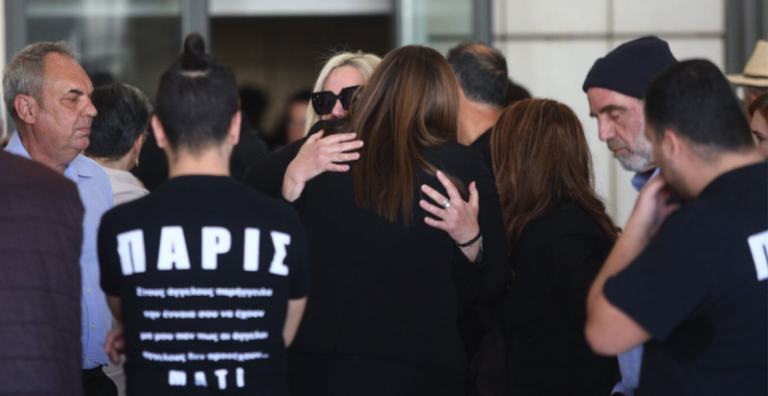July 23 will mark exactly 6 years since that fateful day of the fire in Mati that claimed the lives of 104 people and caused severe burns to about 60.
By then, the country’s judicial authorities are hoping to have the procedures running in record time so that the trial of the defendants in the second instance (even as early as next June) will have been determined – or even started. The aim is to avoid the statute of limitations (after two years).
Until then, however, the relatives of the 104 victims and the burn victims, following the outburst of anger against the decision of the Athens Trial Court, which sentenced only six of the 21 defendants in the case to redeemable sentences, will exhaust every legal means at their disposal.
As they announced yesterday, at a press conference held at the ESIEA building, as far as the Greek justice system is concerned, in the immediate future they will submit a request to the Athens prosecutor’s office to check the procedure followed, what happened in this trial and in the procedure leading up to the trial, and will draft an open letter to the President of the Supreme Court.
At the European level, they have decided to appeal to the European Court of Justice and the European Public Prosecutor’s Office, but also to file a report with the LIBE committee of the European Parliament.
In any case, the relatives of the victims of the fire and the 60 or so burn victims consider that the judgment of the first instance is completely wrong, both because it acquits 15 defendants and because it does not punish the 6 convicted persons at all.
“There has been an obvious manipulation with the press conference, with the adoption of the Penal Code hours before the deadline, with the justice system that was late in showing its reflexes”, explained yesterday S. Hamilothori, a relative of one of the 104 victims.
However, the Union of Judges and Prosecutors is also preparing an appeal to the European Union of Judges, denouncing what is happening in our country against the institution of justice and its independence.
This was stated, among other things, in a statement, where it stressed that “the Union of Judges and Prosecutors expresses its deep concern about the popular courts, which have been set up in the country for a long time, under the tolerance of the State and which are now accompanied by bashing against the Officers of Justice and statements by political figures, which on the one hand ignite an extreme populism and on the other hand constitute interference in the work of Justice.”
The Union of Judges and Prosecutors stated that “in a State of Law, Justice is not awarded either in terms of populism or in terms of mob rule”.
All this tension in the shadow of the first instance decision on the fire in Mati, was carried over to the Parliament, where yesterday the Justice Ministry’s bill entitled “Consolidation of the first degree of jurisdiction, spatial restructuring of the courts of civil and criminal justice and other provisions” was discussed.
Before the plenary session, Prime Minister Kyriakos Mitsotakis said that the new bill gives a boost to the rule of law, as the government’s intention is “to finalise cases within 600 to 650 days”.
Speaking about Mati, the Prime Minister said that “after 6 years amidst protests, as procrastination always opens the way to doubt, I will limit myself to three points.
Firstly, the offences were judged on the basis of a more favourable framework which was in place under SYRIZA. If they had been judged against the framework that we passed, the penalties would have been more severe. Secondly, there was indeed a great deal of delay.
Many Ukrainian prisoners of war show signs of trauma & sexual violence
Thirdly, trust must not be injured. The judgments on Mati are neither final nor conclusive. They can, if justice so decides, be reviewed. We should wait with the thought that national tragedies should not become partisan tools of double standards.”
As it now appears, under the fear of the statute of limitations on the offences of those convicted, the justice system will now run at a very fast pace so that a second degree trial can begin in the summer, possibly in June.
The President of the Supreme Court, Ioanna Klapa Christodoullea, intervened yesterday, relieving the President of the Athens Trial Court of all her other duties, so that by the end of May she would have completed the finalisation of the judgment.
In addition, among other things, he asked the Prosecutor’s Office of the Court of Appeal to investigate ex officio whether there is a possibility of an ex officio appeal against the acquittal part of the decision of the Plenary Court.
Ask me anything
Explore related questions





